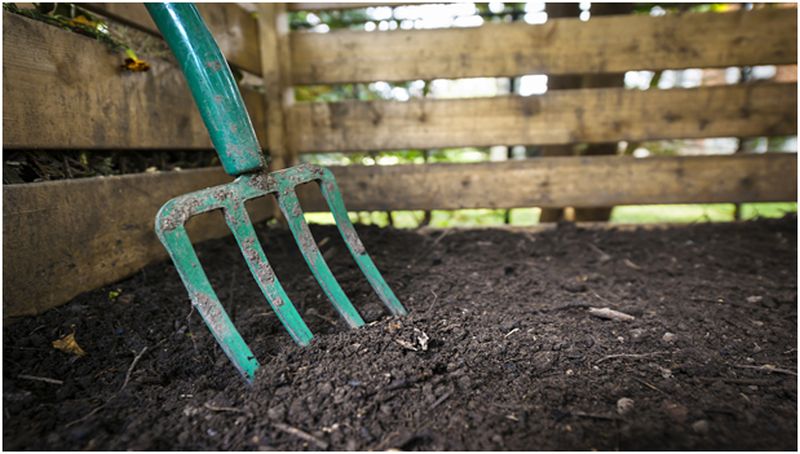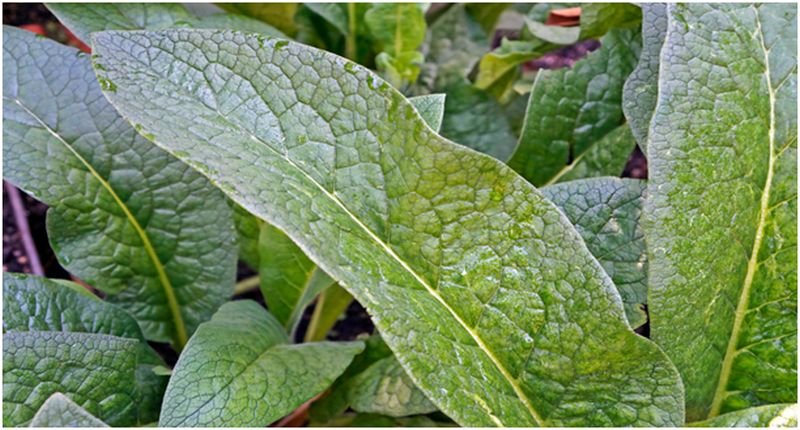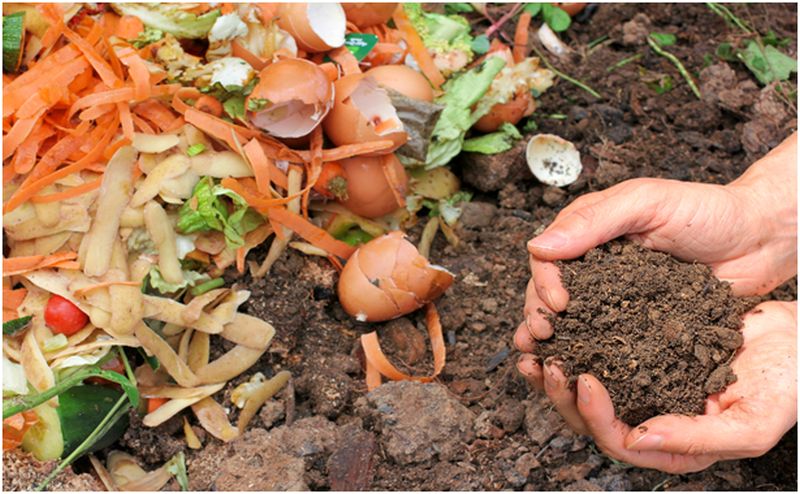If you have a compost pile or use a composting container, you are already helping yourself with richer soil and helping the environment by keeping waste out of the landfill. But is it enough?
The population of the world is increasing tremendously. We already have food shortages in parts of the world where hunger is a daily experience. We could be facing food shortages worldwide in the not so distant future. Just when we need more food, many feel the current farming practices are destroying the topsoil and that it will take years to return the soil to a healthy state.
Every backyard garden is an effort toward food security. 2020 is a reality check for a lot of people. More people than ever have begun to garden. Many are learning how to preserve their food by canning and freezing their garden produce. There have been significant shortages of canning supplies and even canners are in short supply. While we haven’t seen significant food shortages, we are seeing the cost of food rise as well.
Many gardeners feel that it will be important to move toward intensive gardening. This will include planting with little to no open space. All your garden plants will be holding hands. Succession planting is a must. As one crop is harvested, the next is planted. The idea is to produce the maximum amount of food in the space you have.
The issue with this type of gardening is it can quickly deplete the soil of all the nutrients that plants need to produce healthy, nutritious food. Right now, a lot of research is being done on how to amend the soil and replace the minerals and elements that are used to grow each season’s crops. That research can be used today in our gardens.

Besides fertilizer, compost is the most important additive you can use in your garden. The compost allows for the growth of microbes necessary for the health of your soil. Healthy soil attracts earthworms and other beneficial creatures and healthy plants are less likely to succumb to diseases. Insect pests do less damage to a healthy, thriving plant than a sickly, weak plant. Intensive gardeners also make use of companion planting to ward off pests. Gardens are rotated to allow them time to rest with only a cover crop to provide protection as well as to nourish the soil. Research continues to determine what each plant adds to the compost.
While it may be impossible to set aside a portion of your backyard garden to rest it, we can incorporate a lot of what has been learned about taking care of the soil. Avoid pesticides and herbicides. If you are adding mulch or manure from outside, try to verify that it does not contain harmful chemicals. The more compostable material that comes from your own yard where you have control, the better.
Here is a list of plants that can help nourish your soil.
1. Beans and peas
By planting bean seeds and pea seeds, you are growing food at the same time you are nourishing the soil. These plants take nitrogen from the air and change it into a usable form with nodules along the roots. When you finish harvesting the beans, cut the plants off at soil level, leaving the nitrogen-rich roots in the garden. Add the plants to your compost. Next season, plant a crop that needs nitrogen where the beans or peas were and there is a ready supply.
2. Comfrey

This plant is rich in zinc and phosphorus. It grows rapidly and the large leaves can be cut a couple of times during the growing season and added to the compost pile. In addition, the comfrey has a large deep root system that will help aerate the soil. Comfrey has medicinal value and it is a perennial plant.
3. Chamomile
Chamomile provides good levels of calcium. In your compost, the calcium is used by plants to build strong cell walls. Chamomile also contains sulfur which improves seed and root production.
4. Dandelions
Dandelions are like a multivitamin for your compost. They contain iron, calcium, phosphorus, copper and magnesium. Add them to your compost before they seed and reap the benefits of this super plant.
5. Nettles
Nettles are another weed that has value in the compost. Nettles have high levels of nitrogen and also phosphorus and iron.
6. Fennel
While fennel is great in the kitchen, its large amounts of potassium and copper will help enrich your compost.
7. Lovage
Cut the lovage down and add it to your compost for a healthy boost of nitrogen and phosphorus.
8. Alfalfa and red clover
These are plants that can be planted near other plants like tomatoes and then added to the compost.
9. Borage
This is a large plant that also fixes nitrogen on root nodules. Borage is also high in zinc and potassium.
10. Black-eyed peas and edamame
These legumes fix nitrogen while also providing an edible crop.
In addition to adding these plants to your garden or yard, consider using a cover crop. Kale or Daikon radish are both great choices. Sow heavily. This will protect your soil and the material can be added to the compost. Go ahead and pick the kale while it is growing. If you can’t afford to lose the space to a cover crop during the growing season, consider a winter cover crop. A good choice is winter rye. Mow it and add the clippings to the compost pile or just till the rye in spring.
Article Submitted By Community Writer




